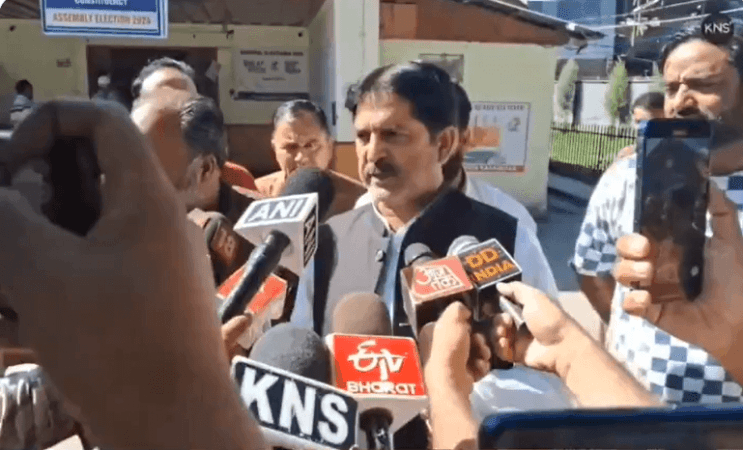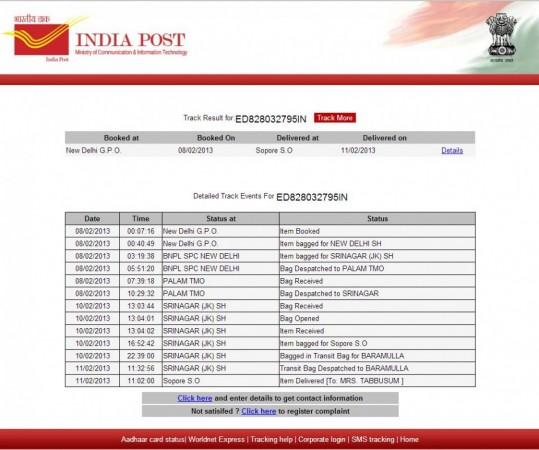
On the last day of filing nominations for the third and final phase of Assembly elections in Jammu and Kashmir Ajaz Guru, brother of Parliament attack convict Afzal Guru, filed his papers as an Independent candidate from north Kashmir's Sopore segment. After filing his nomination papers, Ajaz Guru said that he joined the electoral battle to fight for the cause of the people of Kashmir.
Ajaz said that he is fighting elections for the rights of youths who have been wrongly accused and arrested by the J&K police. Ajaz is determined to take up the cause of these young individuals, including his own son Shoaib, who he claims was arrested nine months ago on fabricated charges.
Ajaz draws inspiration from the recent Lok Sabha Elections, where Er Rashid's son successfully campaigned for his jailed father. Ajaz argues that if Er Rashid's son can campaign for his father's cause, then he too can campaign to prove his son's innocence. He emphasizes that his son is a student in Pune and has done nothing wrong.
Through his election campaign, Ajaz aims to highlight the cases of other innocent individuals who are languishing in jail on false charges. He hopes to bring attention to their plight and fight for their justice.

Sopore is home town of Syed Ali Shah Geelani
The Sopore Assembly segment of north Kashmir comes under the stronghold of Syed Ali Geelani, a separatist leader under whose influence the voters refrained from voting for decades.
Before joining the election boycott campaign, Geelani had represented this Assembly segment thrice. In 1972 and 1977 Syed Ali Shah Geelani won elections from this seat as candidate of Jamaat-e-Islami Kashmir. In 1987, Geelani again won this seat as a candidate of the Muslim United Front.
Ajaz took voluntary retirement in 2014
Ajaz Guru had voluntarily retired from the Animal Husbandry Department of the Jammu and Kashmir Government in 2014. According to reports in local media, he is presently working as a contractor.
Afzal Guru, a Kashmiri separatist, was executed by hanging on February 9, 2013, at Tihar Jail in Delhi, following his conviction for his alleged role in the 2001 terrorist attack on the Indian Parliament. The execution sparked widespread outrage and mass protests in the Kashmir Valley, with many questioning the fairness of his trial and the haste with which the sentence was carried out.
Guru's family, residing in Sopore town in north Kashmir, was denied the opportunity to perform his last rites or bid a final farewell, as his body was buried within the Tihar Jail premises. This decision further fueled the anger and sense of injustice among the people of Kashmir, who felt that Guru's execution was a grave injustice.
Human rights activists and Kashmiris have long been critical of Afzal Guru's hanging, citing concerns about the transparency and fairness of his trial. Many have argued that the execution was a politically motivated move, aimed at appeasing the Indian public's demand for revenge rather than serving justice. The denial of Guru's family the right to a proper burial and farewell has only added to the sense of hurt and betrayal felt by the people of Kashmir.














